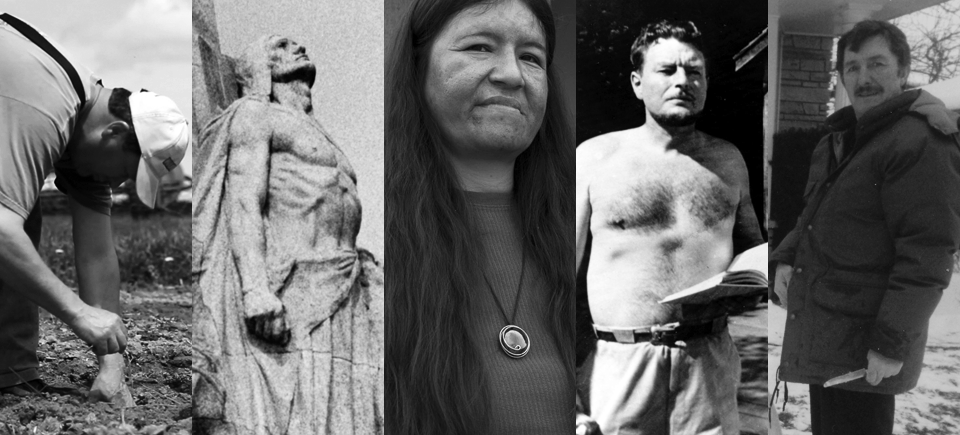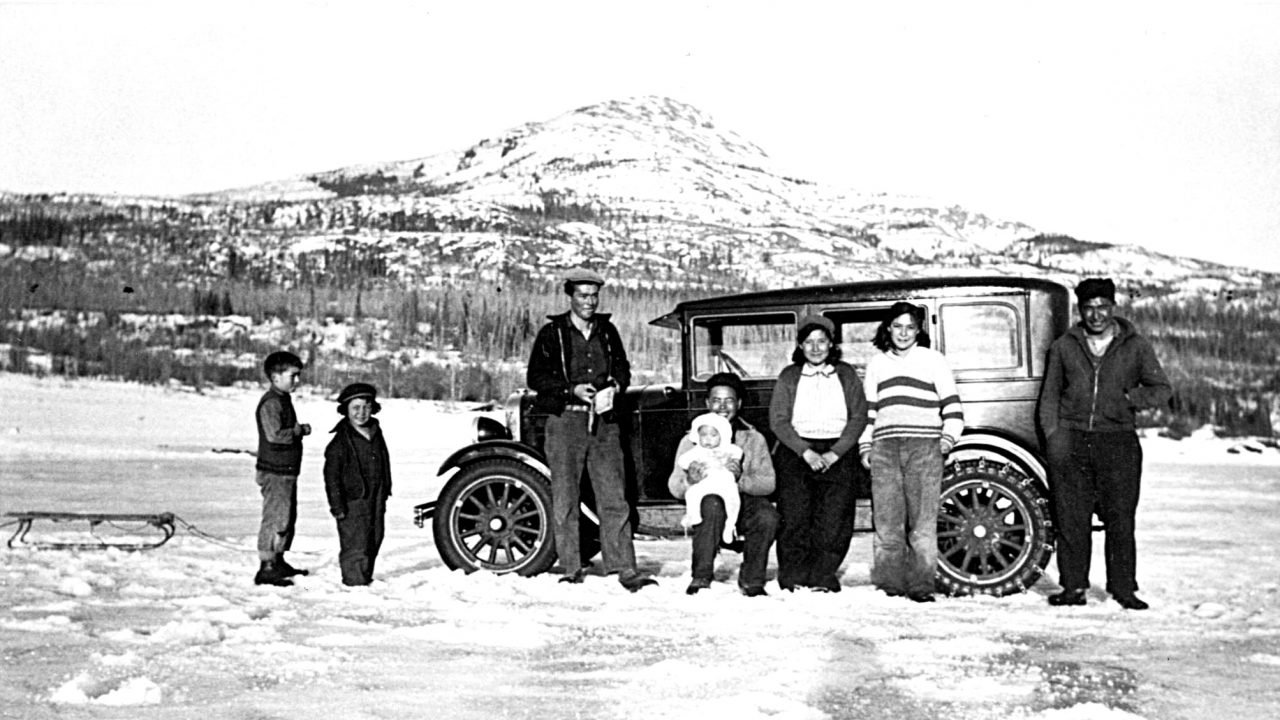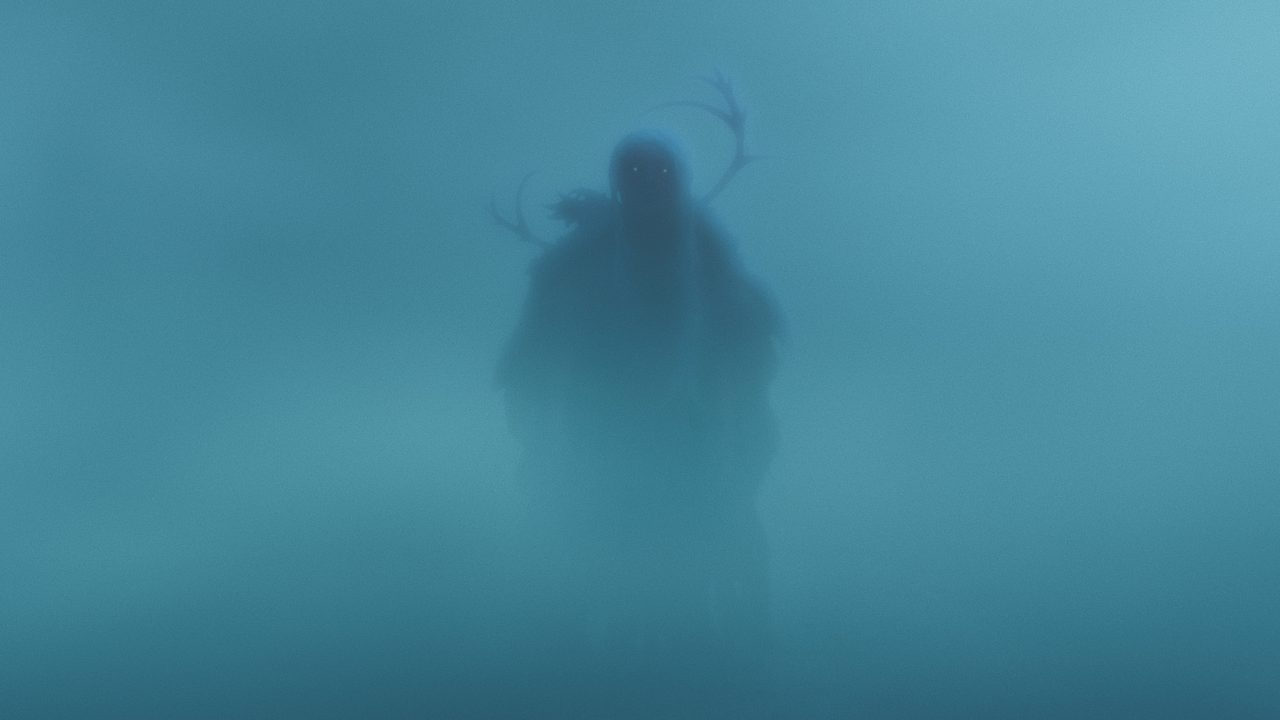
The Award for Best Writing Goes To…
The Award for Best Writing Goes To…
Continuing in our series of Awards posts leading up to the Oscars, this week we’re looking at Best Writing in a documentary film. Given our collection, this was a really tough category, and I’m going to say right off the bat, these awards are completely subjective.
We start with the classics and round out the category with a couple of newer films. Which film do you think deserves the top prize?
Fields of Sacrifice
Naturally, Donald Brittain makes an appearance in this category. Spoiler alert: he makes more than one. But this film is a beauty. He took an assignment no one else wanted to touch, something that had the potential to be boring and pedantic, but in his hands, it turned into a thing of harrowing beauty. That it was his first major production at the Board is just mind-blowing.
Fields of Sacrifice, Donald Brittain, provided by the National Film Board of Canada
Volcano: The Life and Death of Malcolm Lowry
And here is Brittain’s Entry #2. So much has been said already about this film, that it’s near impossible to come up with something new. So, let’s just say it fits perfectly into this category – a brilliantly written film about a brilliant writer, narrated by a brilliant actor… all three of whom have personal lives that echo the making and content of this film. It’s genius. And if you’re enjoying the Brittain films, check out our recent post [http://blog.nfb.ca/blog/2018/01/16/masters-series-donald-brittain/] on some more of his best work.
Volcano: An Inquiry into the Life and Death of Malcolm Lowry , Donald Brittain & John Kramer, provided by the National Film Board of Canada
The Invisible Nation
Richard Desjardins and Robert Monderie have penned a film that captures the struggle and suffering of the Algonquin population in Canada. It’s a story about a people who once thrived, and over time and colonization, were subjected to violations of their basic human rights and extreme poverty. This film was originally in French, and we’ve put in in the category for Best Writing. That should indicate how strong it is.
The Invisible Nation, Richard Desjardins & Robert Monderie, provided by the National Film Board of Canada
Island Green
The first two minutes of this film are a pure joy to experience. The beautiful cinematography (hint, hint) combined with the stirring words of PEI poet Tanya Davis combine to bring us sheer perfection. This 25-minute doc looks at the island of Davis’ birth and the many changes it’s gone through in terms of its agricultural history – the ups, and downs – and then imagines what might happen if the island went organic. Davis’ words are a gift. Enjoy them.
Island Green, Millefiore Clarkes, provided by the National Film Board of Canada
Stories We Tell
There are bound to be repeats across categories, as it happens with the Oscars and other award shows. This is one of them. The film itself is an examination of Sarah Polley’s family history, but the way in which it was written is innovative in style and delightfully surprising. It makes for an exceptionally well-crafted story, and a highly engaging film.
Stories We Tell, Sarah Polley, provided by the National Film Board of Canada




Stories We Tell is fabulous!
What a great way to reconstitute one’s family history and have peace and clarity at the end.
None of you will ever regret doing this work! Freud would have been amazed…..
Thank you for sharing the pain and the joy. No stone left unturned!
Just Beautiful!
I appreciate being kept up-to-date with your venerable institution. Carry on.